Healthy habitats and wildlife populations do not happen by accident.
They require strong, common-sense policies supporting conservation and active, science-backed management. Public voices that raise concerns and hold lawmakers and agencies accountable are the backbone of this work.
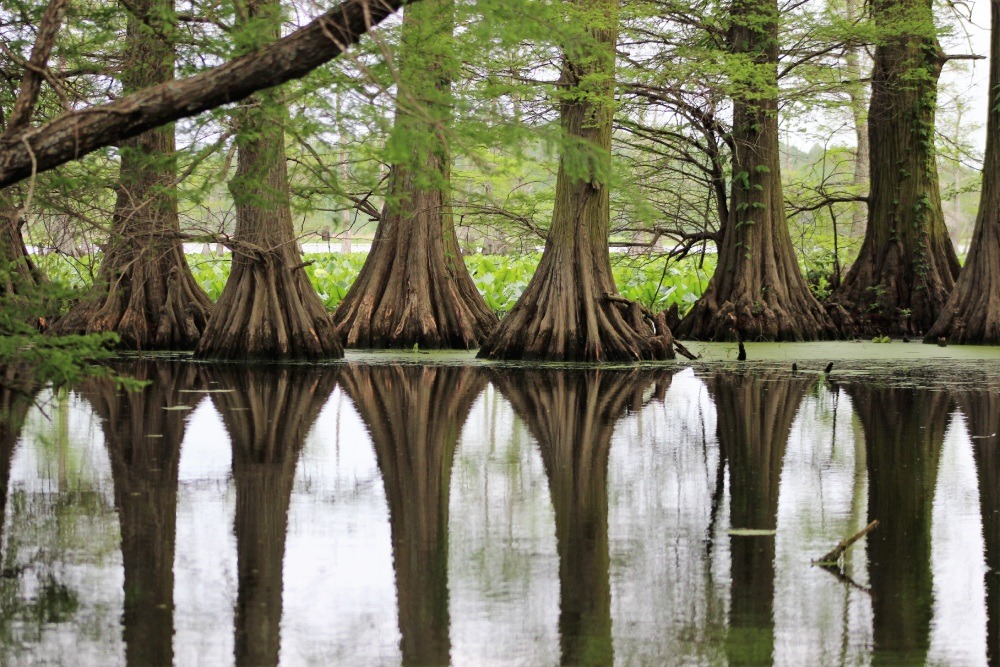
Conserving Tennessee’s Wetlands
Wetlands are vital to Tennessee’s wildlife, environment, and communities, providing critical habitats, improving water quality, and reducing flood risks. Right now, state-level action is more important than ever to safeguard these essential ecosystems.
Protecting the Duck River
The Duck River is the longest river flowing entirely in Tennessee. It is one of the most biodiverse rivers in North America. And it is facing threats that will undoubtedly impact the future health of the river’s ecosystem.
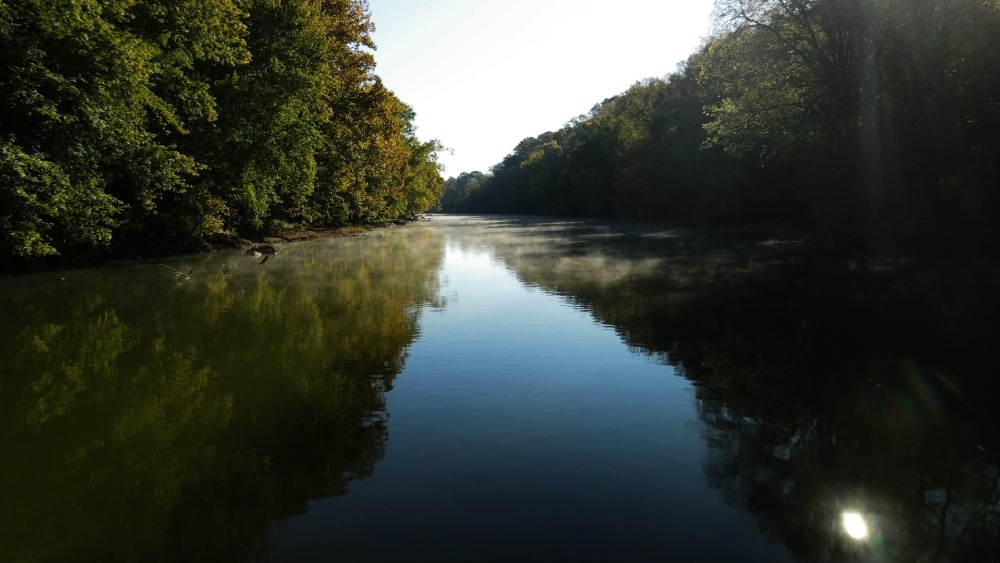
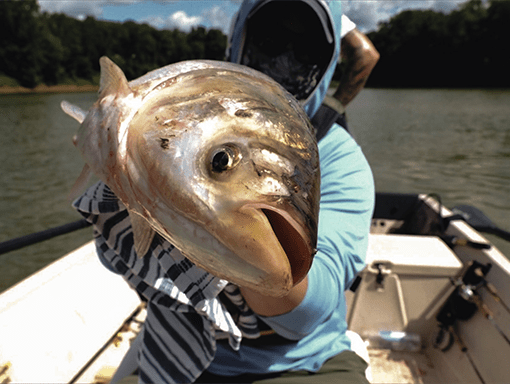
Invasive Carp Threaten Native Fish
Invasive carp have taken over the Mississippi River system—and have moved aggressively into the Tennessee and Cumberland River systems. These non-native fish are a serious threat to the aquatic species, recreation, and economy in Tennessee, and surrounding states.
Sign up for action alerts
Speak out
Let your lawmakers know conservation is important to you.
Help lead Tennessee's wildlife and habitat conservation movement by making your voice heard.
Give
Donate to support wild Tennessee and our great outdoors.
Your generosity helps manage wildlife populations and restore habitats for a more vibrant Tennessee.
Issues By Category
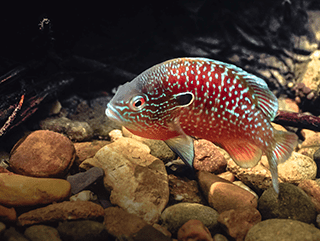
Fish & Wildlife
Tennessee is the most biologically diverse inland state in the nation. Ensuring the conservation of the hundreds of fish and wildlife species in Tennessee is at the very heart of Tennessee Wildlife Federation’s mission. We have successfully recovered several species that were on the brink, and today they drive billions in economic activity and are highly valued by many. But our work is not done. Tennessee contains more than 1,400 species of fish and wildlife whose futures are in question, and it is up to us to ensure they will be here for generations to come.
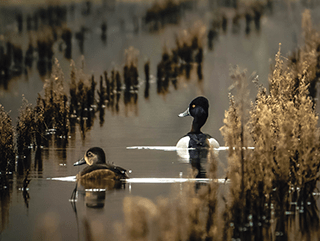
Land & Habitat
From the wetlands in the west to the mountaintops in the east, Tennessee is filled with beautiful, diverse habitats. Because approximately 90 percent of Tennessee land is privately owned, managing land well and connecting habitat is essential for native wildlife populations. Tennessee Wildlife Federation advocates for better stewardship of our forests, grasslands, streams, rivers, and wetlands—and works with public agencies and private landowners to achieve our goals.
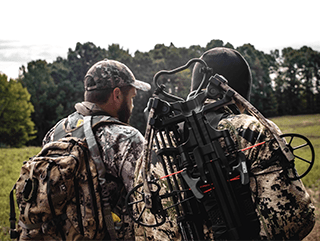
Outdoor Pursuits
People who engage in the outdoors are the heart of conservation. Securing Tennesseans’ access to our public lands and waters is necessary to keep us all engaged and invested in conserving our wildlife, water, and wild places. Whether we hunt, fish, hike, camp, or birdwatch, people who engage in the outdoors want to pass on their way of life to the next generation. By coming together, sharing our passions, and exploring public lands, we can continue Tennessee’s legacy of conservation for generations to come.
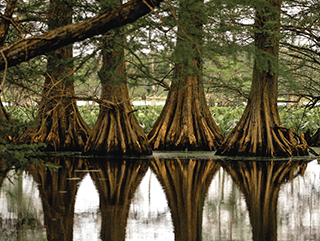
Streams, Rivers & Wetlands
Water is the most essential natural resource. Fish, wildlife, and Tennesseans themselves all depend on it for survival. But thousands of miles of Tennessee’s rivers and streams are not able to support the aquatic life, water supply needs, and public recreation they are intended to support. Tennessee Wildlife Federation works to ensure this critical natural resource is managed appropriately as our state continues to grow.
